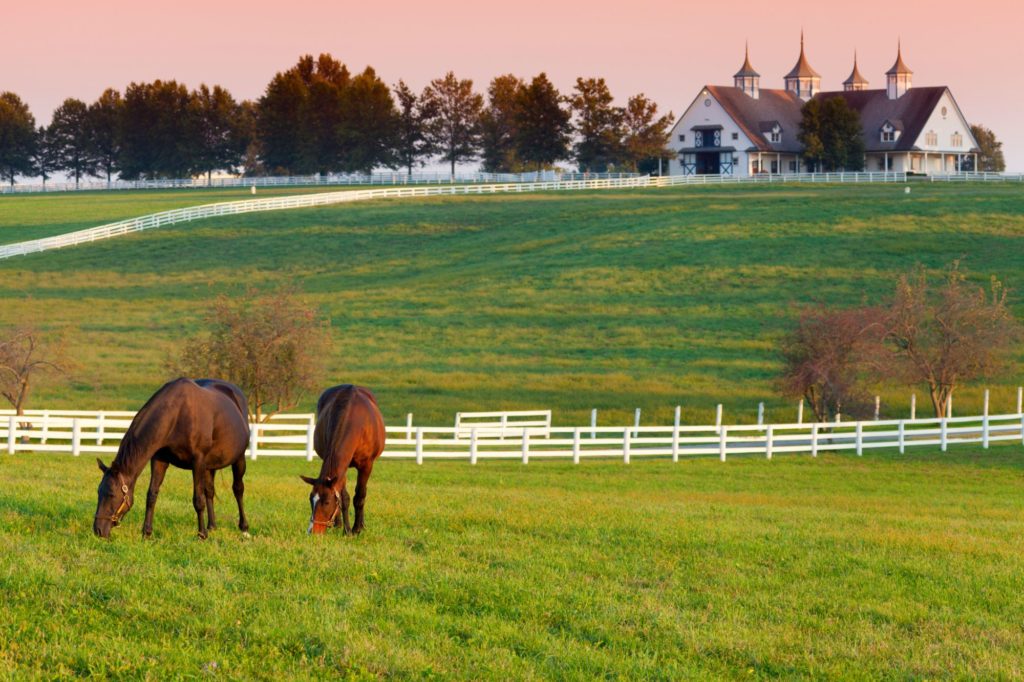
There are plenty of benefits that come with buying a horse farm, especially if managed properly. That being said, the management of such a sprawling property will entail a lot of responsibility to make it thrive.
Here’s a quick guide to help you run your horse farm:
Track your horses’ health
As an equestrian property owner, the health of horses under your care becomes a top priority. They must have access to proper shelter, clean water, and appropriate feed.
Not all horses require the same amount of feed and they all have different nutritional needs. Take their size, age, and breed into consideration when creating individual feed plans.
If your horse farm is open to boarders, always keep in contact with the owners so they can be updated about their horses’ welfare.
Pasture care is essential
Pastures are an easy and cost-effective way to provide your horses with the nutrients they need. Horses spend most of their time grazing so it’s important to keep your pastures healthy and rich with quality forage.
If you own small acreage, you might have difficulty maintaining your pastures. The limited space can easily become overcrowded, often resulting in overgrazing. Overpopulated pastures are also more susceptible to being stamped out.
Solve your pasture issues by creating a rotational grazing program for the horses. Designate sections of your acreage for grazing at a certain time then alternate these so they can have a chance to grow.
Create a manure management plan
Manure is an unavoidable consequence of taking care of horses. As an equestrian property owner, you need to have a manure management plan to keep your horse farm clean and the horses healthy.
In a day, a healthy horse can produce around 50 pounds of manure. Your stables and pastures need to be cleaned out continuously. Disposal of the manure can be done through the following methods:
- Turn manure into compost or fertilizer;
- Sell as fertilizer to local farmers; and
- Hire a manure removal service.
Stay on top of barn cleanliness
Routine cleaning is a necessity in the upkeep of a barn. If you don’t stay on top of barn maintenance, you could get a lot of rodents and pests that could harbor a host of diseases.
Apart from scrubbing and rinsing, you must also clear out the barn of hay leftovers and properly store tack. These measures will keep the barn safe from fire hazards and mold issues.
Look into farm-management software
Documenting your horse farm’s activity becomes easier with the use of farm management software. These applications help organize and track different aspects of your horse farm like pasture seeding schedules, horse vaccination information, breeding records, and training schedules.
There are many farm management programs to choose from. It’s best to do your research and find one that suits your needs best.
Hire a capable equine management staff
Whether you own a large equine facility or a small horse farm, having the right staff will make managing your property much easier. Make sure you hire those with the certifications and training required in caring for horses.
Are you planning to buy equestrian property in North Texas?
Sarah Boyd and Company are experts in horse properties for sale in Texas. Get in touch with our team today and let’s find your perfect equestrian property. Contact our team here.
